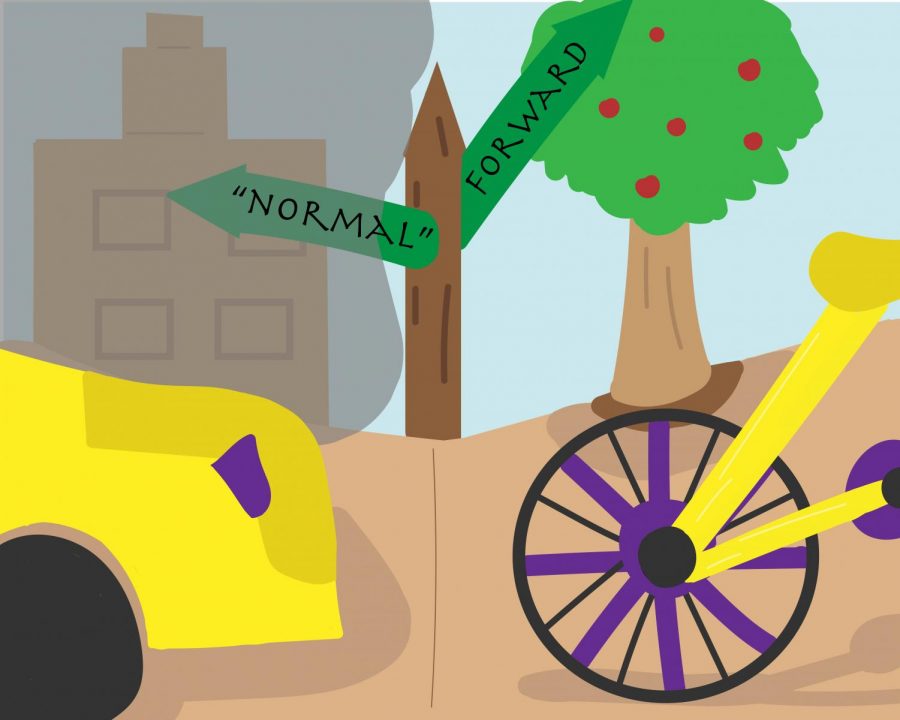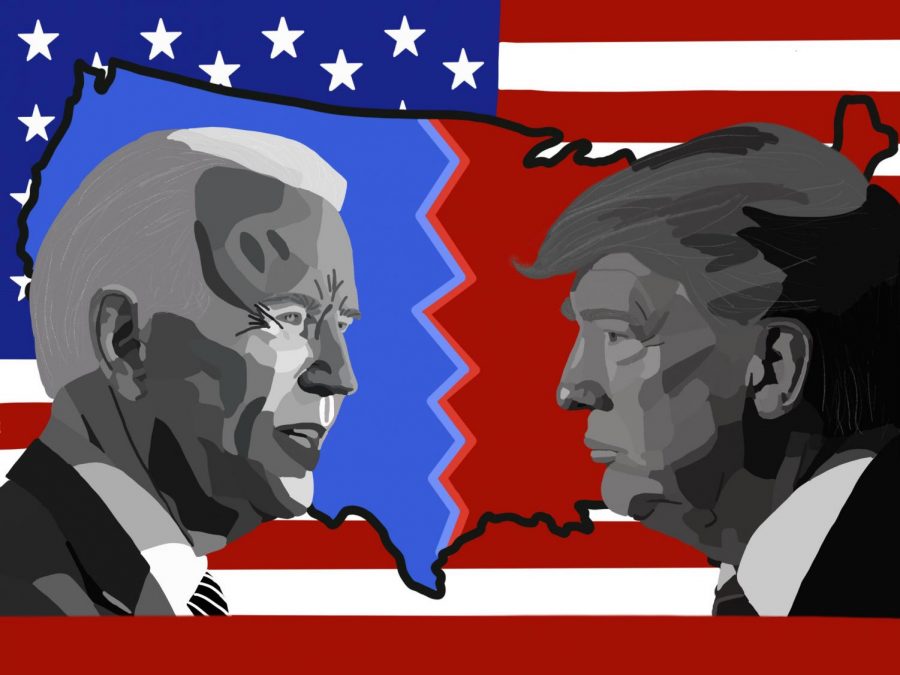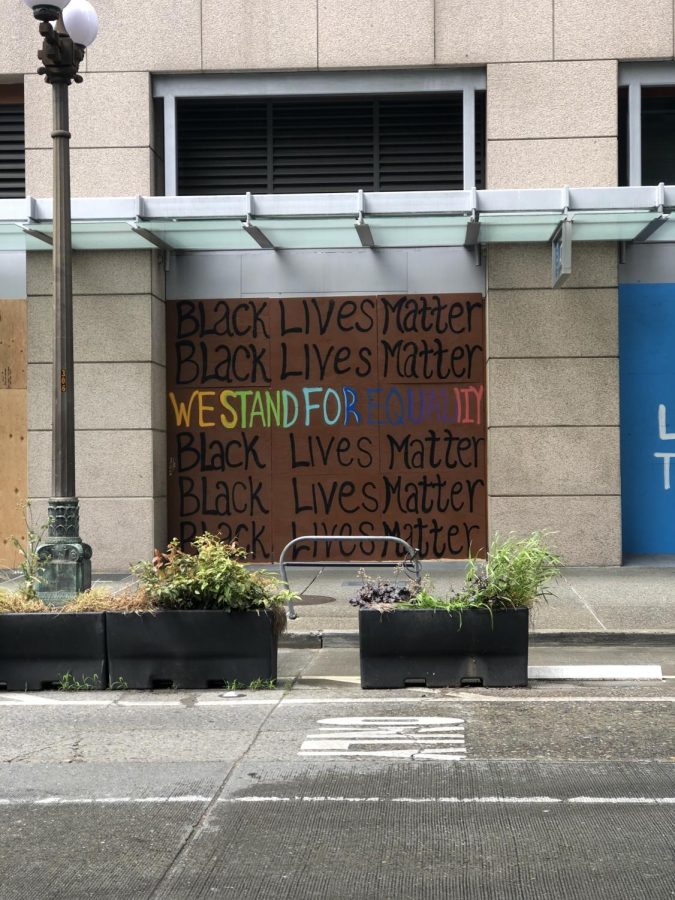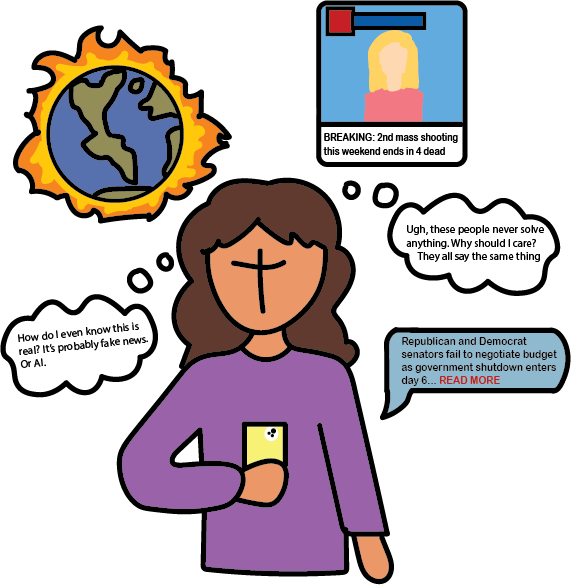The world has changed; quarantine has allowed us to take a step back from our hectic lives and reorganize our priorities, from the meaning of life to our relationship with the environment. It has also brought critical awareness to issues of air pollution and climate change. Because of the decreased activity from the stay-at-home order, global emissions have decreased by 5% and are expected to continue to go down if a second wave of the virus strikes, according to a report by the International Energy Agency (IEA). While staying in quarantine may be a solution to global warming, it isn’t long-lasting, which means we cannot rely on this alone to reverse the impacts of climate change.
If we continue to follow the trend nature has started for us, we can take advantage of the small window of opportunity to a sustainable future. However, if all is returned to the ‘normal’ of pre-COVID-19 conditions, many experts predict that carbon emissions will spike higher than ever as industries rush to catch up on the lost time. A ‘silver lining’ of the pandemic—the drops in air pollution and carbon emissions—must spur additional action following the end of quarantine in order to have a significant impact on the environment.
The direct impact that being stuck in quarantine has had on everyone may have been a wake-up call to the country—or even the world— to mitigate the effects of global warming by lowering greenhouse gas emissions. More importantly, it has raised another important issue that has been easy to miss in the past: the intersection of equity, the environment and the economy, commonly referred to as the ‘triple bottom line.’
Traditionally, these three ideas have been seen as separate, but the connections between these are immense. For example, the downturn in the economy— in part due to a shutdown of many industries and lower demand for oil, coal and natural gas, which will continue to decrease by 9% from 2019 levels by the end of 2020—provides the opportunity for cleaner energy sources, according to the IEA. Increased demand for renewable energy means that access to solar power will increase as the costs for this technology decrease. New policies and programs put in place must address all three aspects of the triple bottom line to have the greatest impact.
Such policies have started to emerge, but more are needed, and fast. For instance, many of the global supply chains are disrupted; slaughterhouses are being temporarily shut down because of the complete disregard for the safety of workers during the pandemic. According to the Associated Press, the Tyson plant in Perry, Iowa hosted the largest workplace outbreak, where 730 cases of the coronavirus were confirmed—58% of those tested. The near-monopolization of this industry has led to the introduction of a new bill called Farm System Reform Act, authored by Sens. Cory Booker and Elizabeth Warren. This bill will transform the food system to one that is regional and diversified, helping small farm owners stay afloat and improving the economy by putting more money in the hands of the working class. By stopping large corporations in the agricultural industry from emitting 10% of the total greenhouse gas emissions in the U.S., huge machines and heavy-duty vehicles won’t be as necessary for butchering, packaging and transportation of the meat, making for a more sustainable agricultural system. Of course, there is still much to do around monoculture, but this step paves the way for a different way of thinking about food.
Furthermore, the encouragement of more environmentally-friendly transportation methods has been another improvement inspired by the lockdown. Since the stay-at-home order started, there has been a 57% reduction in traffic volumes in downtown Seattle. Because of the health and environmental benefits, the city of Seattle is planning on maintaining some of this reduction after the lockdown ends. According to the Seattle Department of Transportation, 20 miles of the Stay Healthy Streets, which is a program to help residents stay active outside safely, will be permanent to invite diverse modes of transportation. This initiative will transition our culture away from driving everywhere and encourages biking and walking – especially when it is made safer by allocating specific parts of the road for these methods of transportation.
While policies should also focus on offering immediate relief, the worst of the pandemic will pass, and when this moment arrives, we must be ready for the world to move forward. More initiatives like these can and should happen as people figure out how to adjust to this big change. This critical window after quarantine ends will widely determine and shape our climate action for the next decade, which includes the outcome of the upcoming presidential election. We must tighten regulations to prevent industries from emitting greenhouse gasses at pre-COVID-19 levels and start executing our plans to reverse the effects of climate change before it is too late.
















